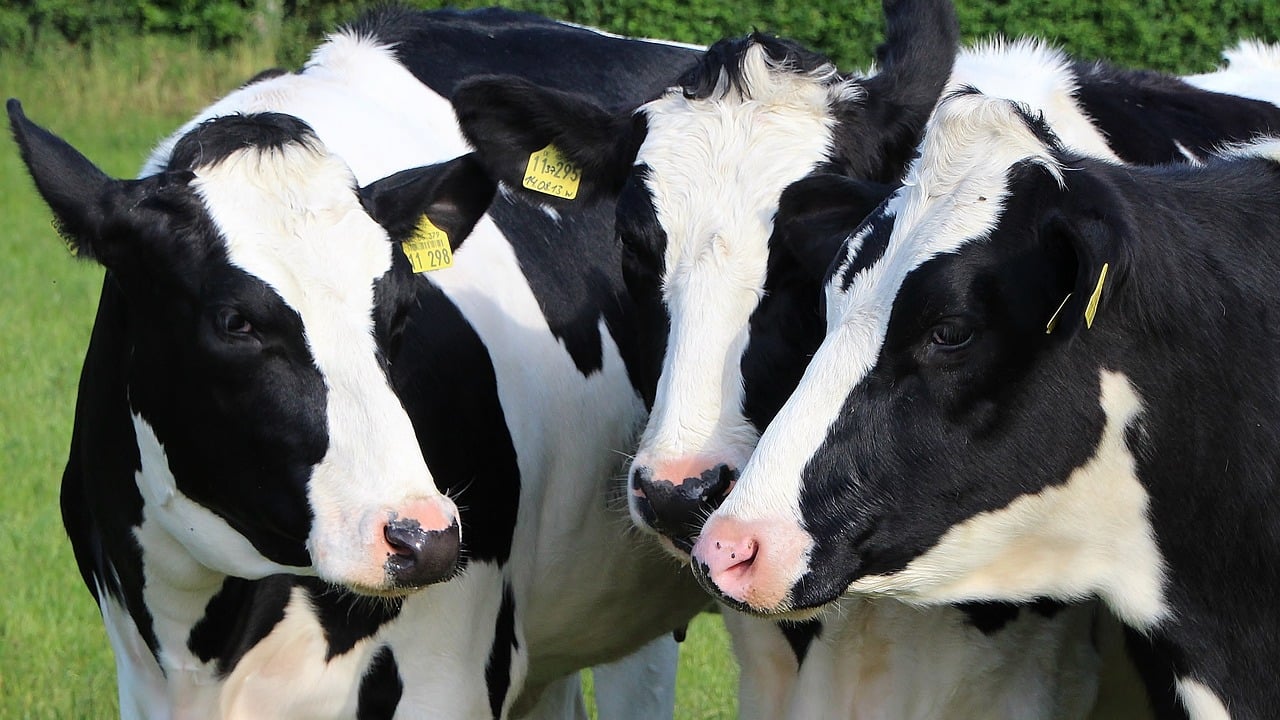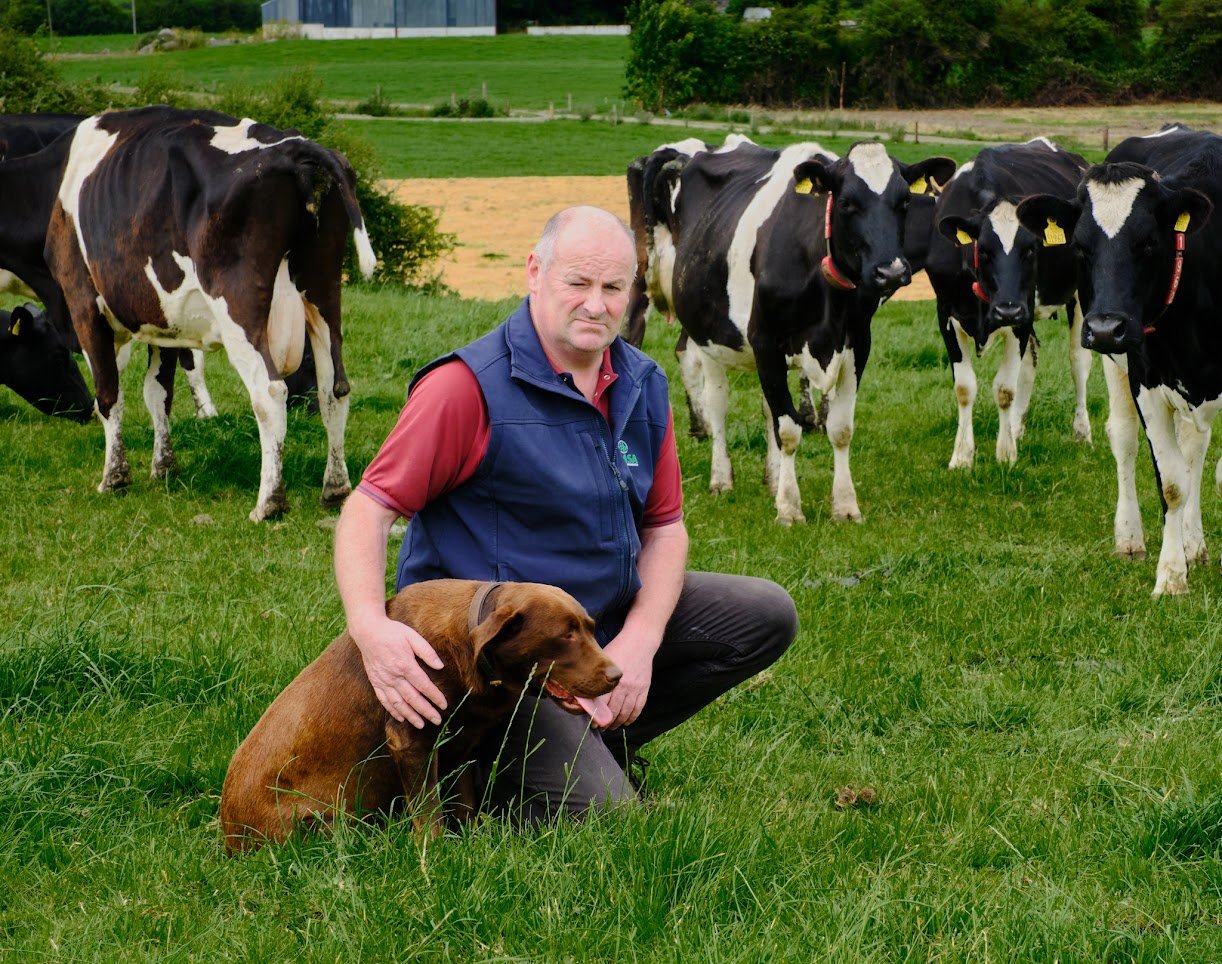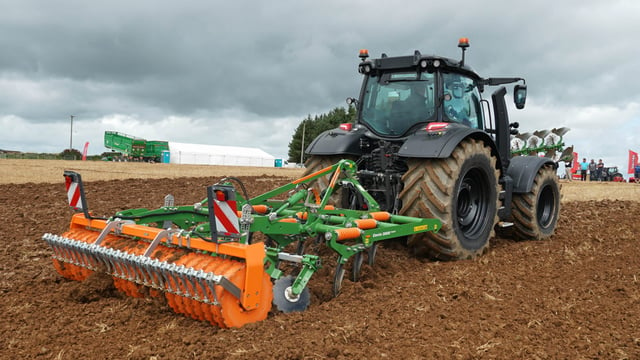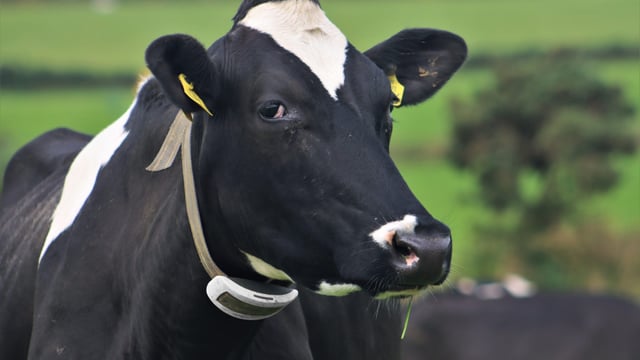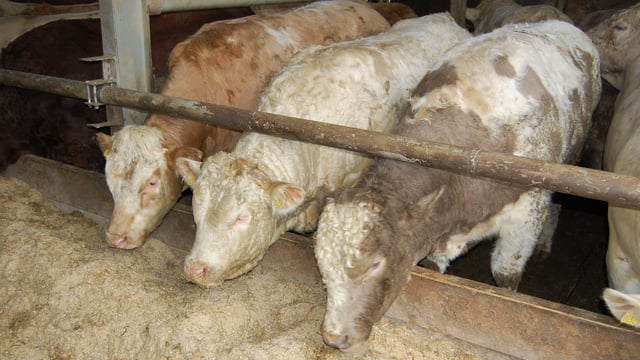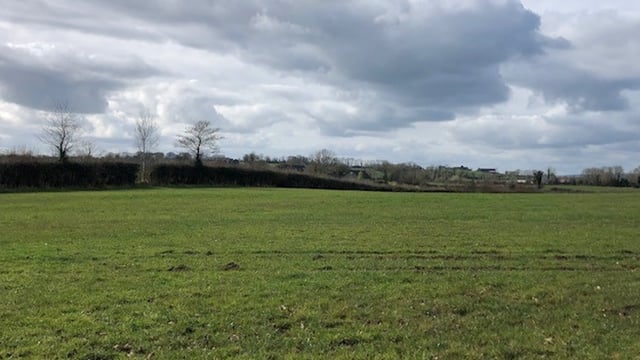DAFM outlines proposed measures to tackle rising bovine TB rates
Agriland understands that the Department of Agriculture, Food and the Marine (DAFM) has outlined over 20 proposed measures to curb the spread of bovine tuberculosis (TB).
The proposals were presented to members of the TB Forum during a meeting today (Wednesday, March 26), but nothing has yet been agreed.
It is believed that the department is concerned that the number of TB reactors could reach over 60,000.
Between February 11, 2024 and February 9, 2025, the number of reactors stood at 41,318.
Proposed measures
During the meeting, it is understood that DAFM proposed that breakdowns in high risk herds would require two clear tests at least six months apart, along with a mandatory risk mitigation plan.
To reduce residual infection in large breakdowns of breeding herds, it is believed the department is proposing mandatory blood testing of the infected animals where a certain threshold is reached.
It is also proposed the sale of high risk cows from high risk herds would be prevented for a period of three years after derestriction.
When it comes to relapse herds, the proposals are believed to include no compensation for the retention or purchase of high risk animals.
Relapse herds may also be prohibited from selling breeding stock on the open market until all the infected animals are culled.
TB
A mandatory disclosure of TB herd risk category at point of sale is understood to be among the proposals.
For non high-risk animals, the proposals include allowing the sale of TB test negative cull cows from TB restricted herds at special cull cow sales in marts.
It is believed that such sales would be limited to purchasing by Controlled Finishing Units (CFUs) only.
The proposals include that a pre-movement test be required for all cattle returning from contract rearing.
It is understood that the measures included that animals will only be allowed to move twice between herds after a skin test.
A review of the effectiveness of the current wildlife policy when it comes to TB is being considered.
While the proposals also include that TB resistance be incorporated into the compensation scheme and the use of high TB-resistance bulls be encouraged.
Reaction
Deputy president of the Irish Creamery Milk Suppliers' Association (ICMSA), Eamon Carroll, believes that the proposed measures involve all of the TB burden being placed on farmers.
He said that the association “had no intention” of asking farmers to accept "very significant portions of the proposed TB measures" presented at today's meeting.
Carroll said that thousands of farmers were already suffering severe financial distress due to bovine TB and while some factors were within farmers’ control, very many were not.
“Basically, the new approach seems to involve imposing a load of new rules on the farmers – and let’s be specific, dairy farmers - while allowing everyone else, including the department itself, to carry on doing just what they have been doing.
"This is going to give us the same results – or lack of them – that has us where we are right now.
"The bottom line of today’s new measures involves putting more pressure on the group already under the most pressure – the farmers – while leaving everyone else alone," he said.
The ICMSA deputy president called on the department to produce the scientific data behind each individual measure they had tabled to the next TB Forum meeting.
He said that there was no evidence that the measures brought forward today would deal with all the sources of infection, but would "unfairly target farmers".
“We can only speak for our own association and our proposals were going to impact on all sources of potential TB infection – including our own members.
"But we put those forward because believe that the situation is urgent and requires clear actions and hard decisions.
"We didn’t get those hard decisions today; we got a set of proposals that would fall 90% directly on dairy farmers and nobody else.
"And even at that, they won’t halt and reverse the TB crisis, so we have something that is both unfair and ineffective," he said.
Meanwhile, a spokesperson for Minister for Agriculture, Food and the Marine Martin Heydon told Agriland:
"This is only the start of engagement with stakeholders. A lot of discussion and engagement lies ahead until a consensus is reached for this very serious challenge for the sector."

